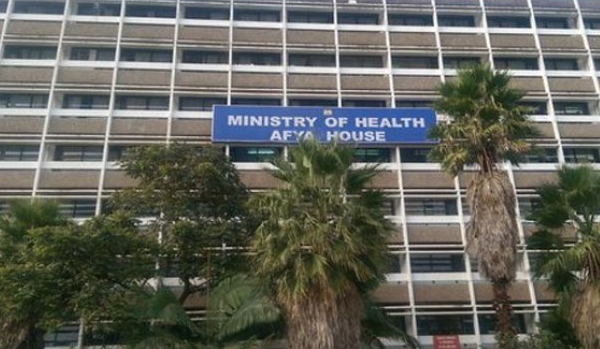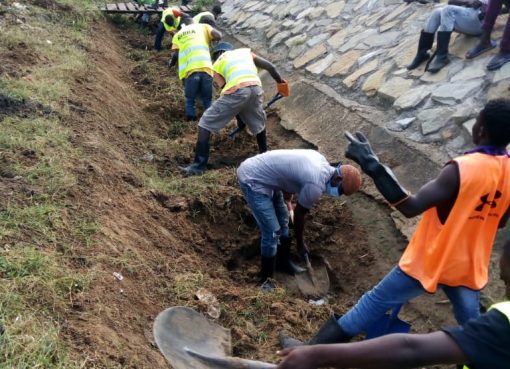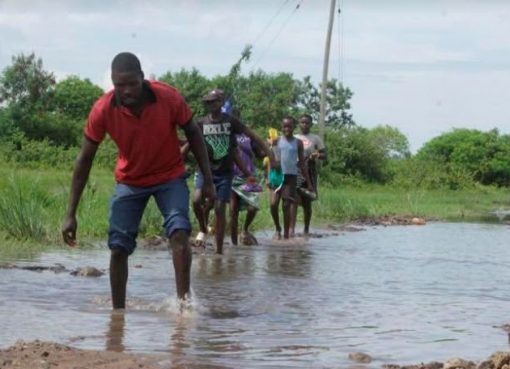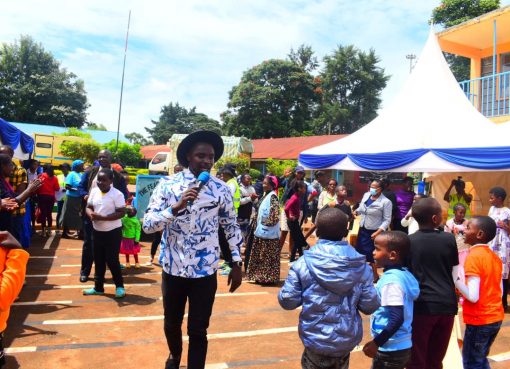The Ministry of Health is undertaking an audit of the National Vaccine Immunization Program to establish the shortcomings of the past campaigns in the country with a view to improve coverage.
Bungoma County Officer in Charge of Immunization Services Ms Hedwick Wasike said the 100 days’ program seeks to trace children, adolescents, and women who failed to attend previous routine immunization exercise conducted in 2019 and 2020.
She says the 100-day Periodic Intensification of Routine Immunization (PIRI) campaign
is targeting children aged five and below, adolescent girls aged 10-14 years and pregnant women.
Bungoma, she said has a huge backlog, currently at less than 30 per cent and the 100 days RRI is an attempt to reach all the unvaccinated.
She said the campaign that routinely targets 80 per cent is being conducted in 183 health facilities across the county so as to reach the unvaccinated through defaulter tracing and outreaches in schools and communities.
She said the Ministry of Health has availed all vaccines in all immunizing facilities.
She called on parents and guardians to ensure that their children complete the immunization schedule including the second dose of measles rubella which is given at 18 months.
“Most parents after getting the first dose at nine months do not come back for the second dose which is given at 18 months,” she said.
She was speaking during a stakeholder and media sensitization meeting held on Wednesday at a Bungoma hotel.
She said that despite efforts by the Ministry to reach at least 90% of children with the lifesaving vaccines, immunization coverage in all counties was still below 80%.
She said that to be on the safe side, a county has to attain above 80 percent in vaccination coverage.
Wasike said that a good number of children in Bungoma are unvaccinated and therefore do not have immunity against these vaccine preventable diseases with some children having attained the age of one year before getting the 1st dose.
She said this brings about low immunity leading to measles outbreaks that has been witnessed in several counties.
Wasike said diseases such as measles, polio, tuberculosis; diarrhea and pneumonia are preventable with proper vaccinations and urged residents to come out in large numbers.
She said that in Kenya, 10 women die daily from cancer of the cervix hence the need for girls aged 10 -14 to be given HPV vaccine which protects against cervical cancer.
Wasike said the main aim of the Periodic Intensification of Routine Immunization (PIRI) is to close the gap of high numbers of unvaccinated children under five in the county. The 100-day campaign initiative will run until 10th February 2022.
This is one of the key interventions which has also been negatively affected by the COVID-19. Mothers who fear getting covid 19 do not bring their children to hospital to be immunized.
The health messaging officer Pelita Barasa told the forum that vaccines for children under 5 include, BCG for tuberculosis, OPV and IPV for poliomyelitis, Rotavirus for rotavirus diarrhea, DPT diphtheria, OCV 10, Rota, Measles Rubella, yellow fever, deworming, vitamin A and treated mosquito nets.
She said the vaccines protect the children against tetanus, whooping cough, hepatitis B, pneumonia and meningitis. Others include HPV for 10-14-year-old girls for protection against cancer of the cervix and tetanus diphtheria for pregnant women.
By Roseland Lumwamu





